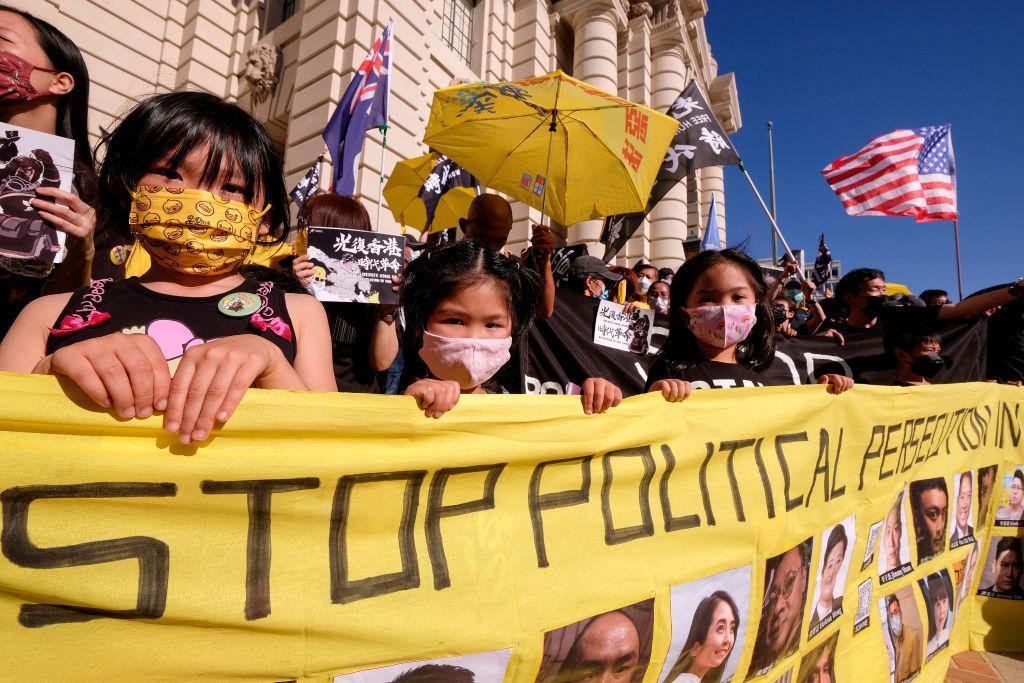With July 1 marking the 100-year anniversary of the Chinese Communist Party (CCP), Southern California residents who escaped persecution by the regime have shared their experiences.
Jana Li, of Chino, California, said that her experience living under the CCP’s rule was “a nightmare.”





